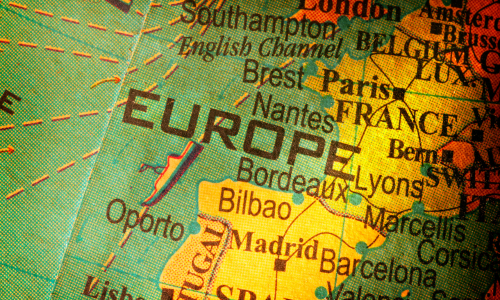Planning a trip to Europe can be an exciting and rewarding experience. With its rich history, diverse cultures, and stunning landscapes, Europe offers something for every traveler. In this blog post, we will provide you with a comprehensive guide on how to plan the perfect trip to Europe, ensuring that you make the most of your time and create unforgettable memories.
Research and Select Destinations
Europe is home to numerous breathtaking destinations, so it’s important to research and choose the ones that align with your interests and preferences. Consider factors such as climate, local attractions, cultural experiences, and your budget. Create a list of must-visit places and prioritize them based on your preferences and available time. This will help you create a well-rounded itinerary and make the most of your trip.
Determine the Best Time to Visit
Timing is crucial when planning a trip to Europe. Consider the weather, peak tourist seasons, and any specific events or festivals that you may want to experience. Shoulder seasons (spring and fall) often offer a good balance between pleasant weather and fewer crowds. However, if you’re interested in specific activities like skiing or Christmas markets, you may want to plan accordingly.
Plan Your Itinerary
Once you have selected your destinations and determined the best time to visit, it’s time to plan your itinerary. Consider the duration of your trip and the time you want to spend in each location. Be realistic about travel times between destinations and allow for some flexibility. Strike a balance between must-see attractions and leisure time to soak in the local atmosphere and discover hidden gems.
Arrange Transportation
Transportation in Europe is highly efficient, but it’s essential to plan and book in advance. Research the best options for traveling between your chosen destinations, such as trains, flights, or buses. Consider purchasing a rail pass if you plan to visit multiple countries. Book your tickets early to secure the best prices, especially for popular routes. Public transportation is often convenient within cities, but renting a car might be beneficial for exploring remote areas.
Accommodation and Budget
Europe offers a wide range of accommodation options, from luxury hotels to budget-friendly hostels and vacation rentals. Determine your budget and choose accommodations that align with your preferences. Look for centrally located accommodations to save time and money on transportation. Consider using reputable booking websites or reaching out to local travel agencies for deals and recommendations.
Travel Documents and Insurance
Ensure that you have all the necessary travel documents, including a valid passport, visas (if required), and any required vaccinations. Check if you need travel insurance to protect yourself against unexpected events or medical emergencies. It’s also helpful to make copies of important documents and store them separately from the originals.
Conclusion
Planning the perfect trip to Europe requires careful research, organization, and consideration of various factors. By selecting the right destinations, timing your visit wisely, planning your itinerary, arranging transportation and accommodation, and taking care of travel documents, you can create a memorable and hassle-free experience. Embrace the diverse cultures, stunning landscapes, and historical wonders of Europe while making lifelong memories.
Also Read – https://yestourister.com/the-most-scenic-train-rides-in-the-world/

Be the first to write a comment.